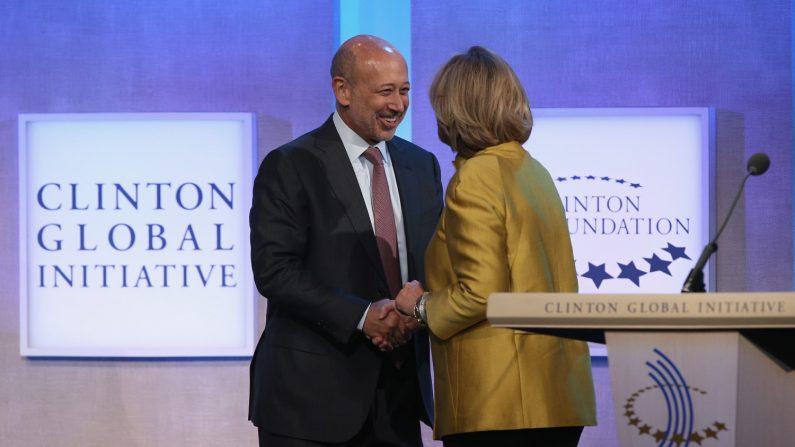Goldman Sachs CEO Lloyd Blankfein backed Hillary Clinton during the 2016 presidential race but told CNN in an interview published on Feb. 14 that the economy is better off under President Donald Trump.
“I haven’t felt this good since 2006,” Blankfein told CNN. “If the president didn’t win and Hillary Clinton won, I bet you the economy is higher today than it otherwise would be.”





